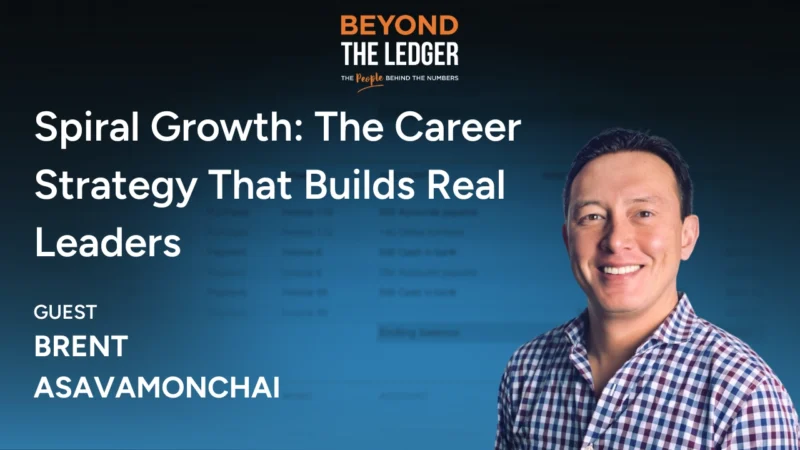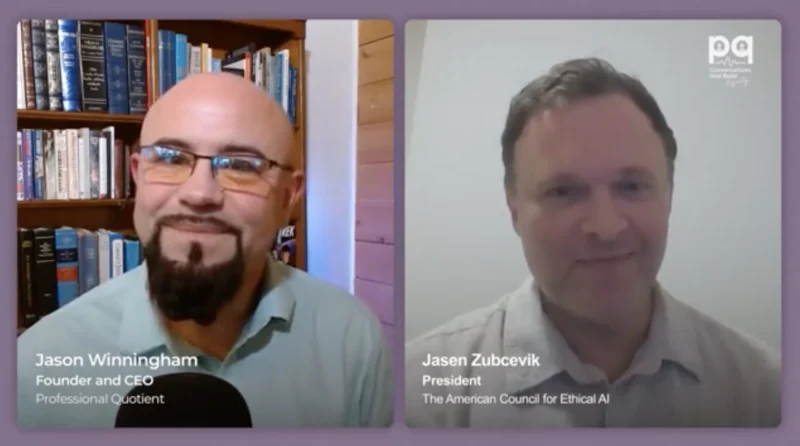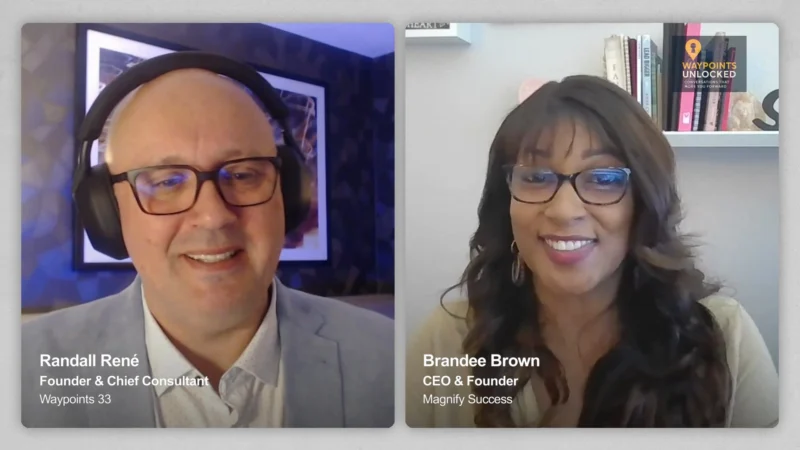Building a Network of Successful People with Peak Performance
Becoming an overnight success story with peak performance often comes with the trait of being a high achiever. High achievers and successful people tend to be one and the same, and it’s usually due to one specific common quality that they all share, per Inc. Magazine. Discussing the accomplishments of success with successful people typically comes down to the 5 Ws, but that only covers the surface of how they got there.
Oftentimes people think that income, privilege, education, and other socioeconomic factors are the only contributors to one’s success, and while that is true most of the time, it is not the only component. Understanding the achievements of successful people comes down to going beyond what people would normally ask them. So how does one achieve this, and what are the questions that get successful people to open up about prospering?
On the newest “STRAIGHT OUTTA CRUMPTON,” Tyler Kern and Greg Crumpton chat with Dr. Ruth Gotian about how she’s built a network of successful people, what she’s learned from them, and her book, “The Success Factor –Developing the Mindset and Skillset for Peak Performance.”
Gotian and Crumpton Discuss…
- Dr. Gotian’s admiration of the successful people she’s met and interviews
- Her networking skills and process to discovering accomplished people through others
- How she gets successful people to open up
Dr. Ruth Gotian is the Chief Learning Officer in Anesthesiology at Weill Cornell Medicine, Assistant Professor of Education in Anesthesiology, and an author. She is also a graduate of Teachers College, Columbia University and Stony Brook University.
Through her numerous research and studies, Dr. Gotian has spoken to many successful people and high achievers. She focuses on learning the type of habits they possess that help them reach their peak performance and ultimately contribute to further success. Earlier this year, she told Forbes that there are several tips someone can apply in their life to also find success. She was able to learn that by being a different type of interviewer and establishing early on what she wanted out of interviewing a successful person.
“I think before you ever ask for anything you have to offer something. Because if when you’re meeting someone, you’re making it a transactional conversation, I don’t want that —that feels slimy. But when you’re able to offer something instead that is much more helpful and trust me … there is always something you can offer,” said Dr. Gotian.
“I do qualitative research, which means I have to ask these deep reflective questions, not these yes-no questions, so I didn’t ask them, ‘Who were your mentors?’ right, I had to get it out of them that they even had mentors,” said Dr. Gotian




